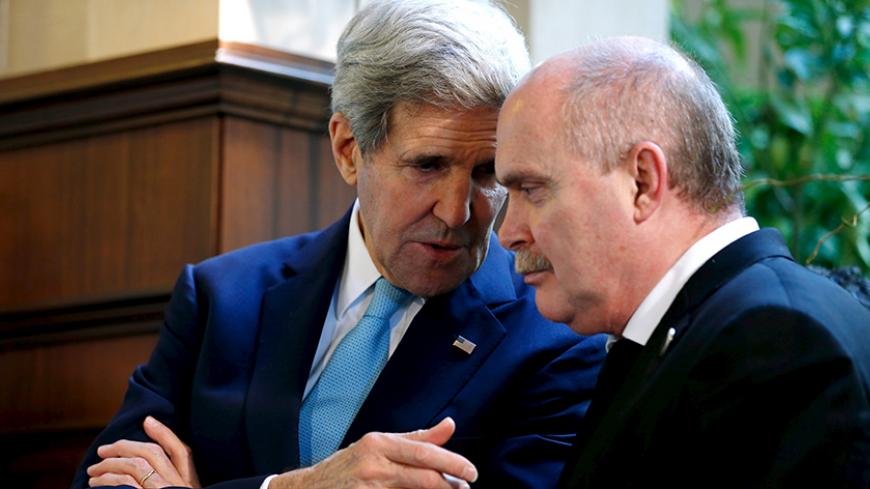Turkey Seeks Ottoman Sphere Of Influence
Normalization of ties with the Kurds and Israel are part of a broader strategy for an Ottoman sphere of influence and confrontation with the "Shiite axis," writes Kadri Gursel.

Looking from the outside, one could get the impression that Turkey was running amok in the Middle East in the second half of 2011. During that period, there were few countries or actors Ankara did not confront, even threaten.
There were even occasions when Turkey’s foreign policy leaders had separately, but on the same day, defied Israel and Iran, two nations hostile to each other.






